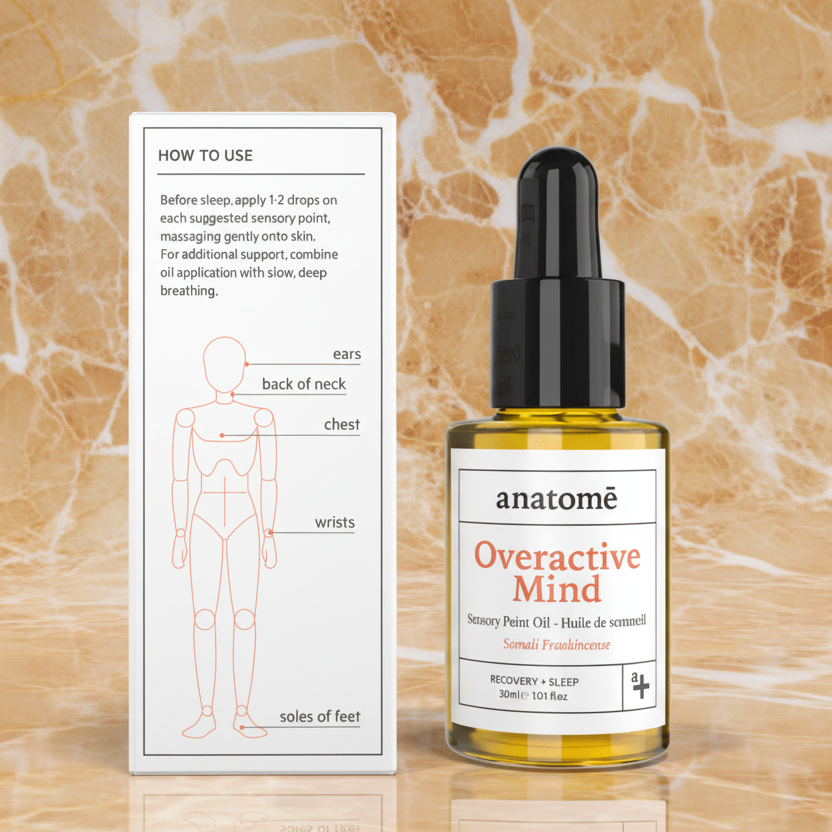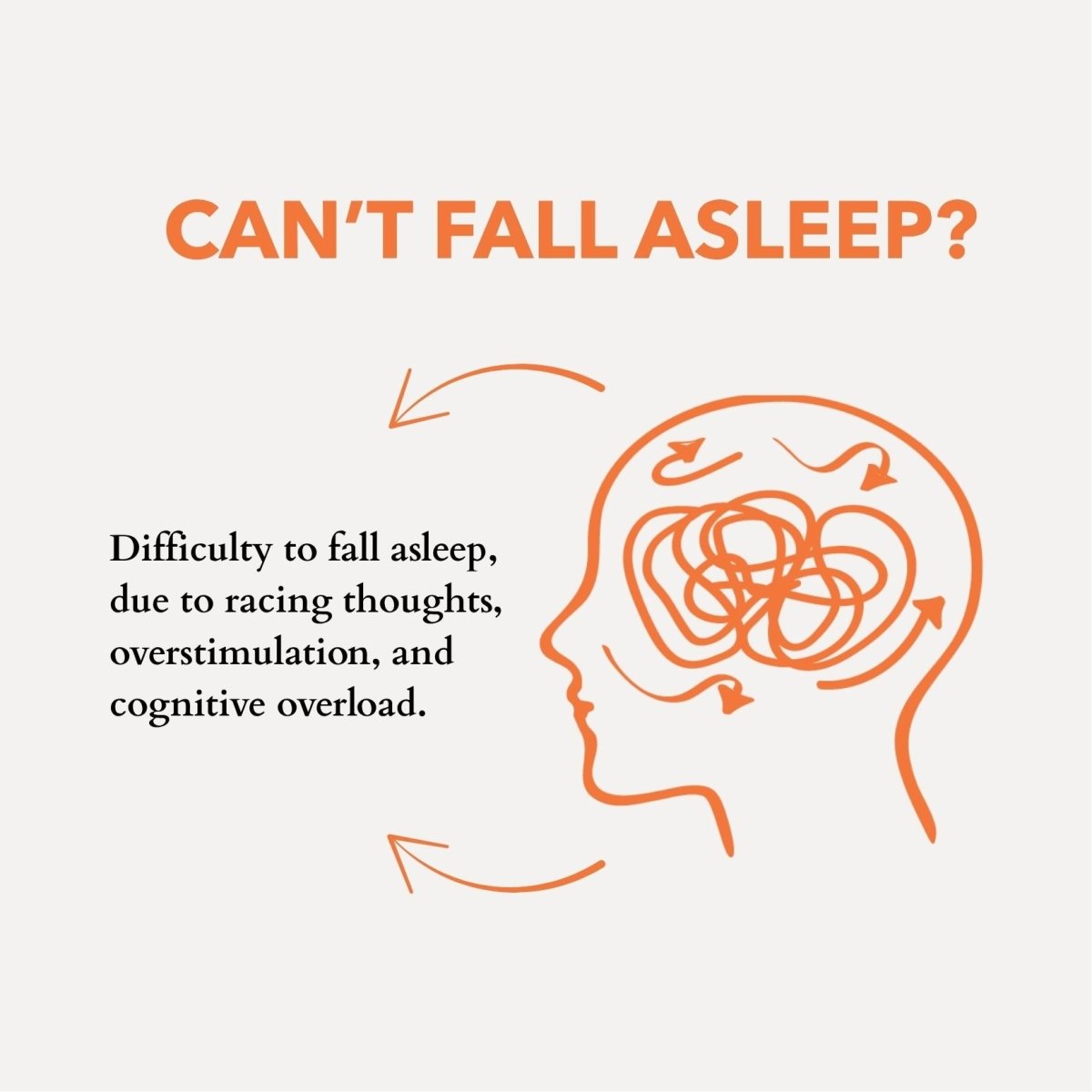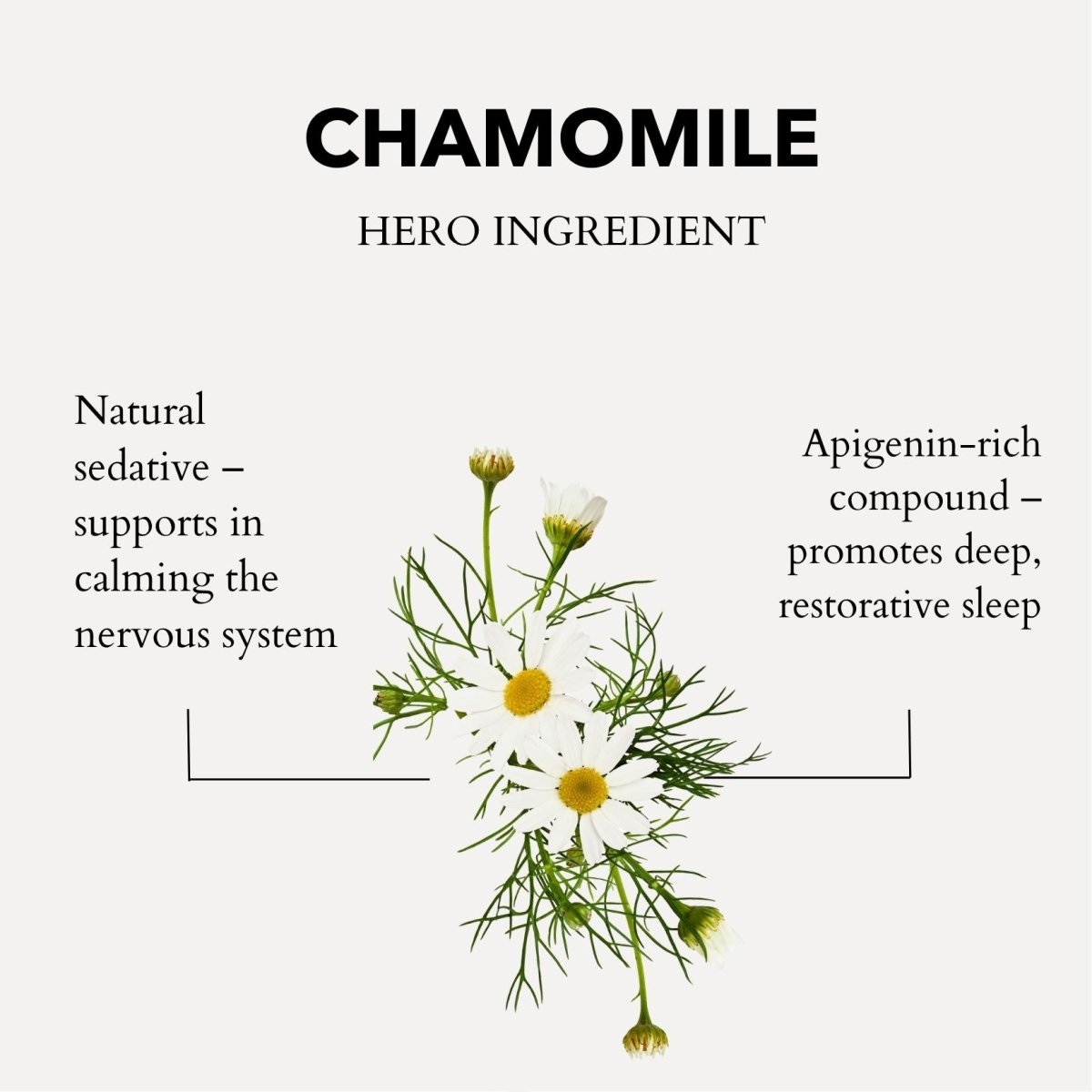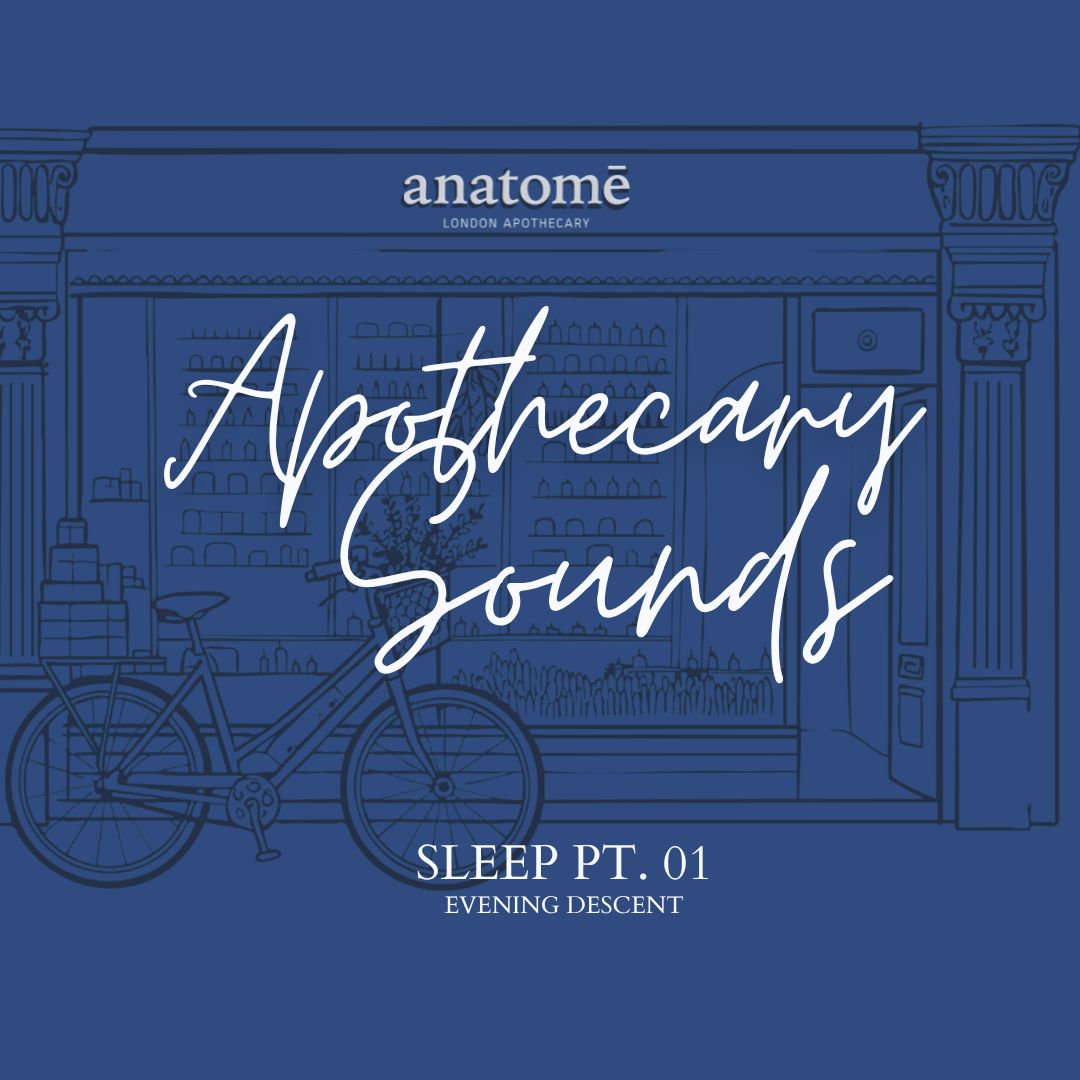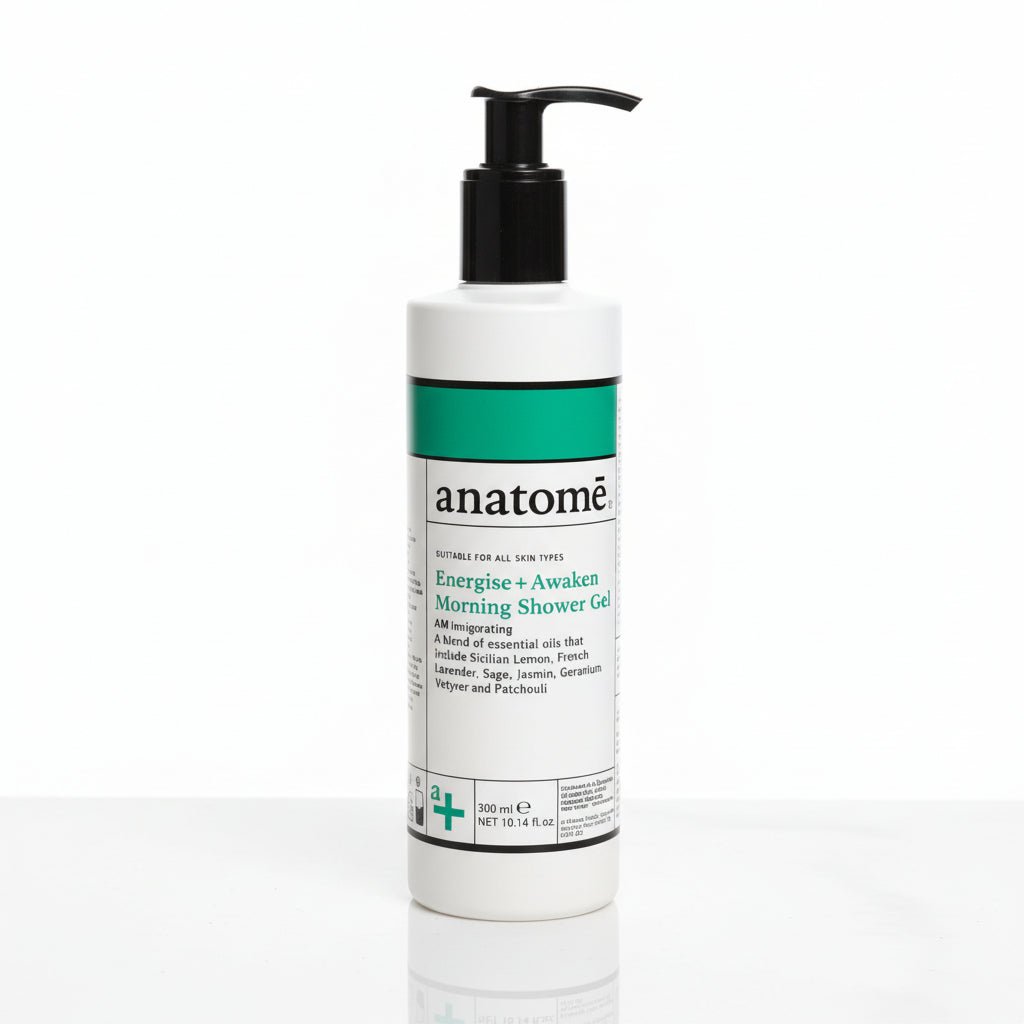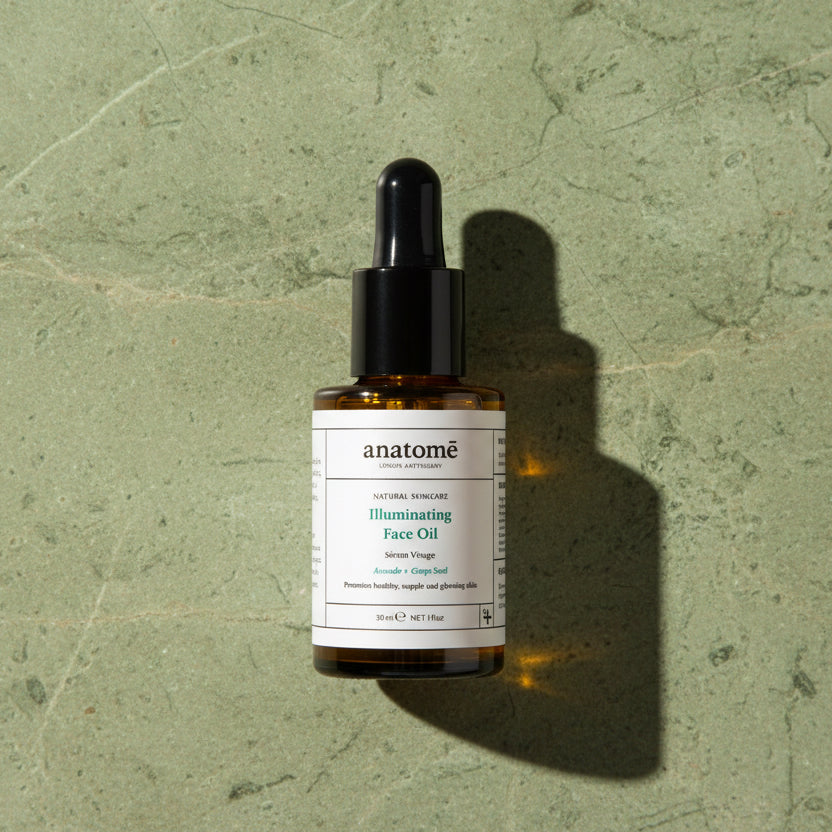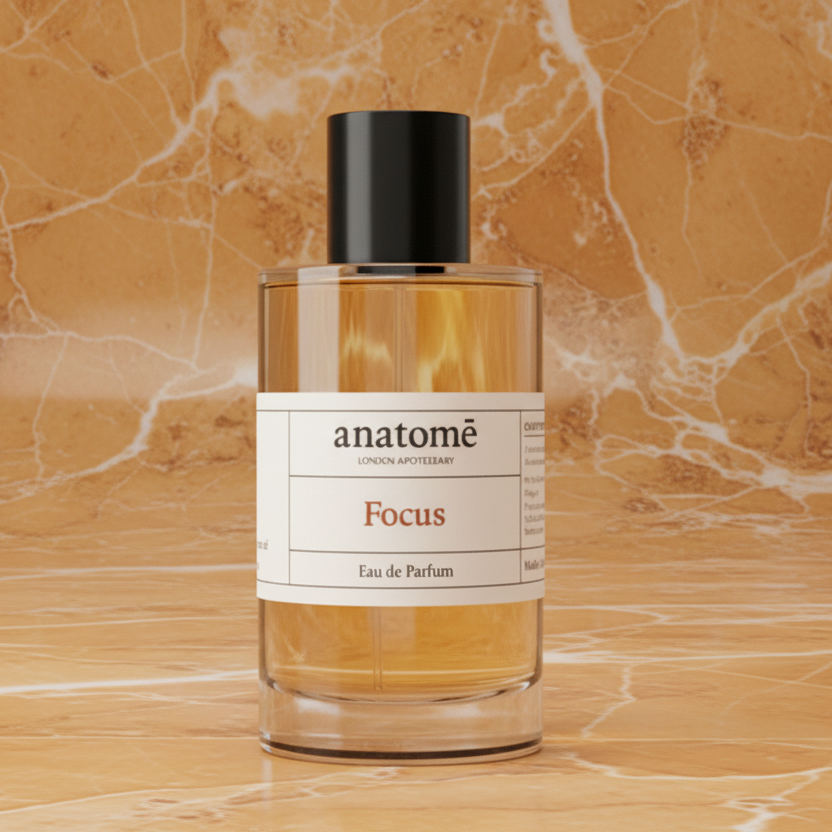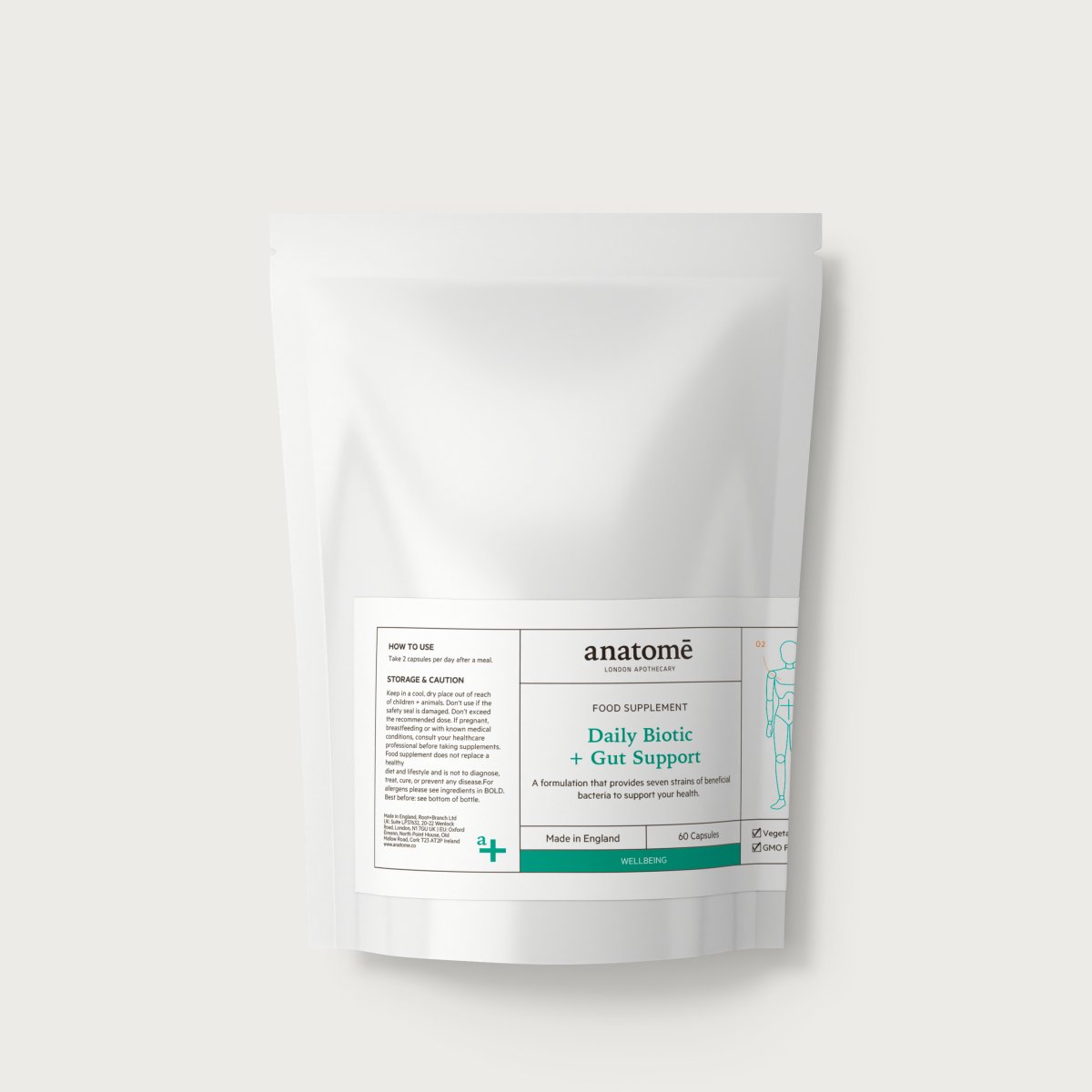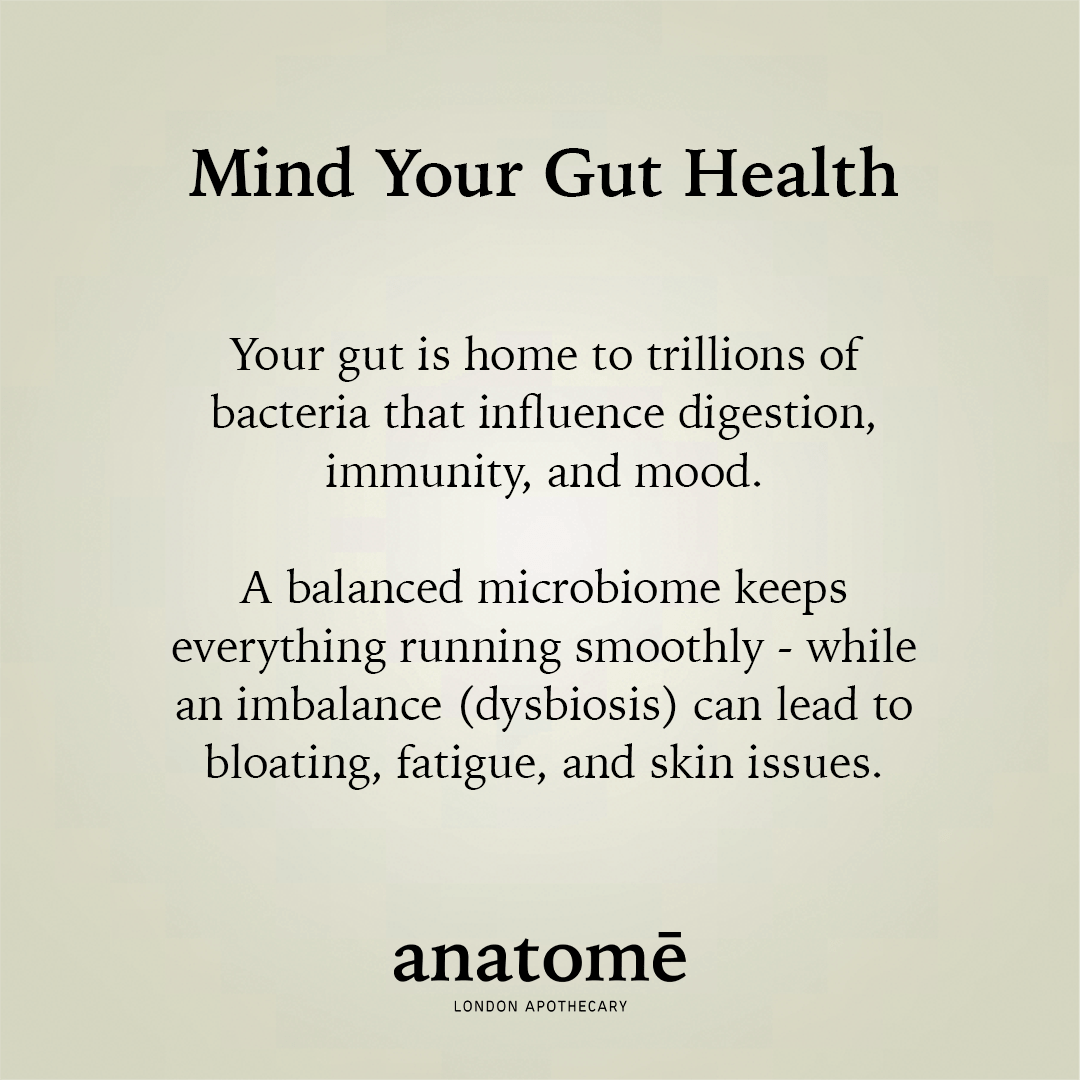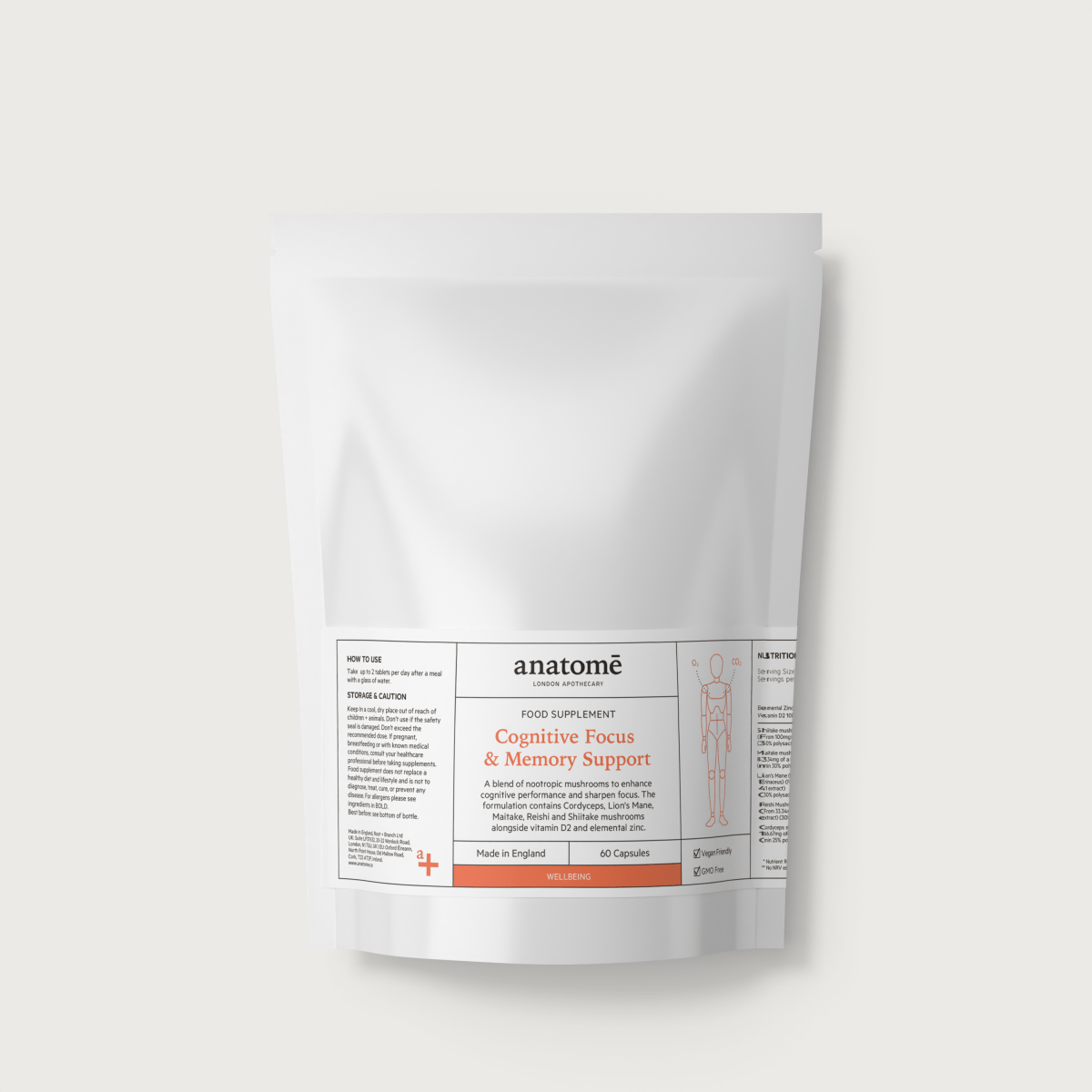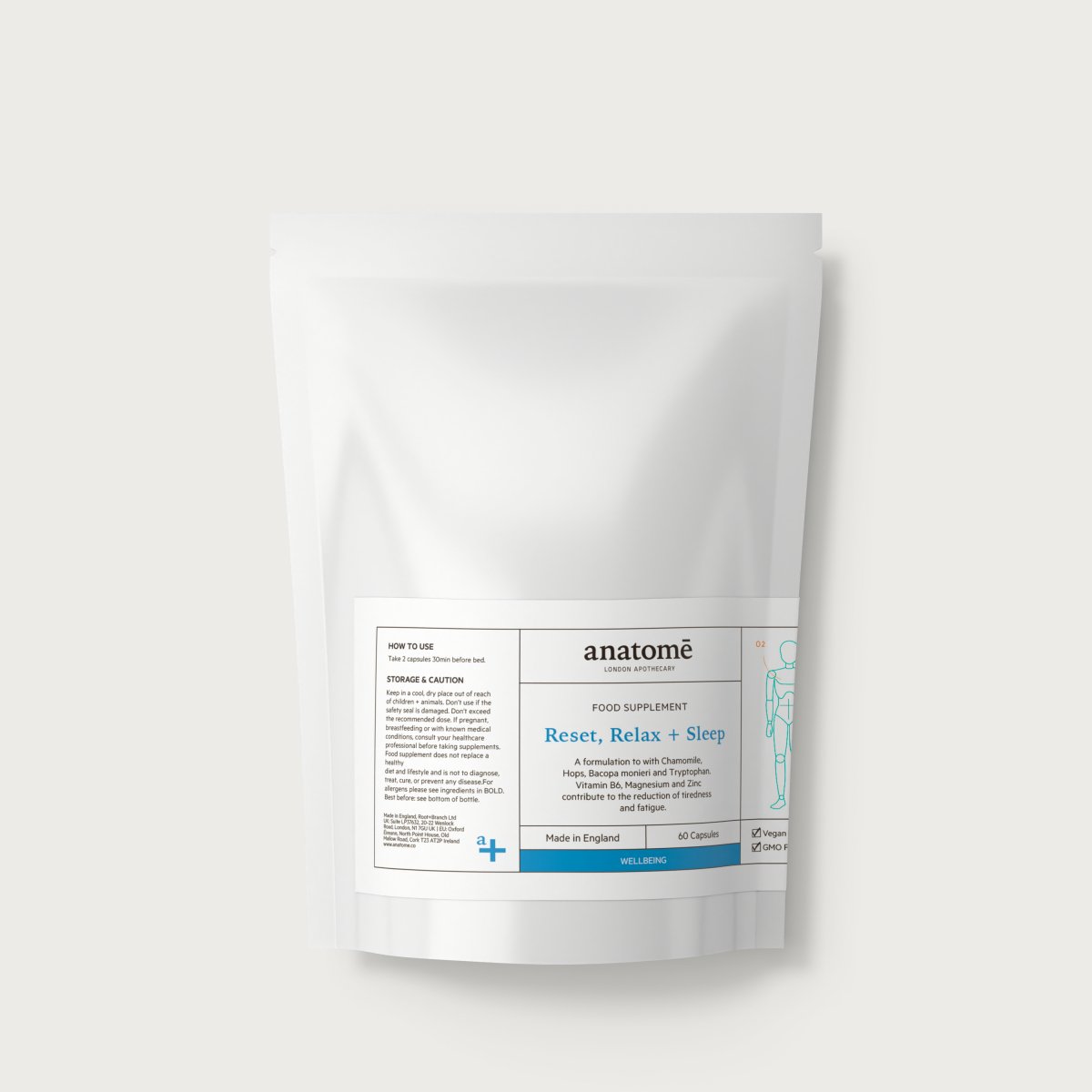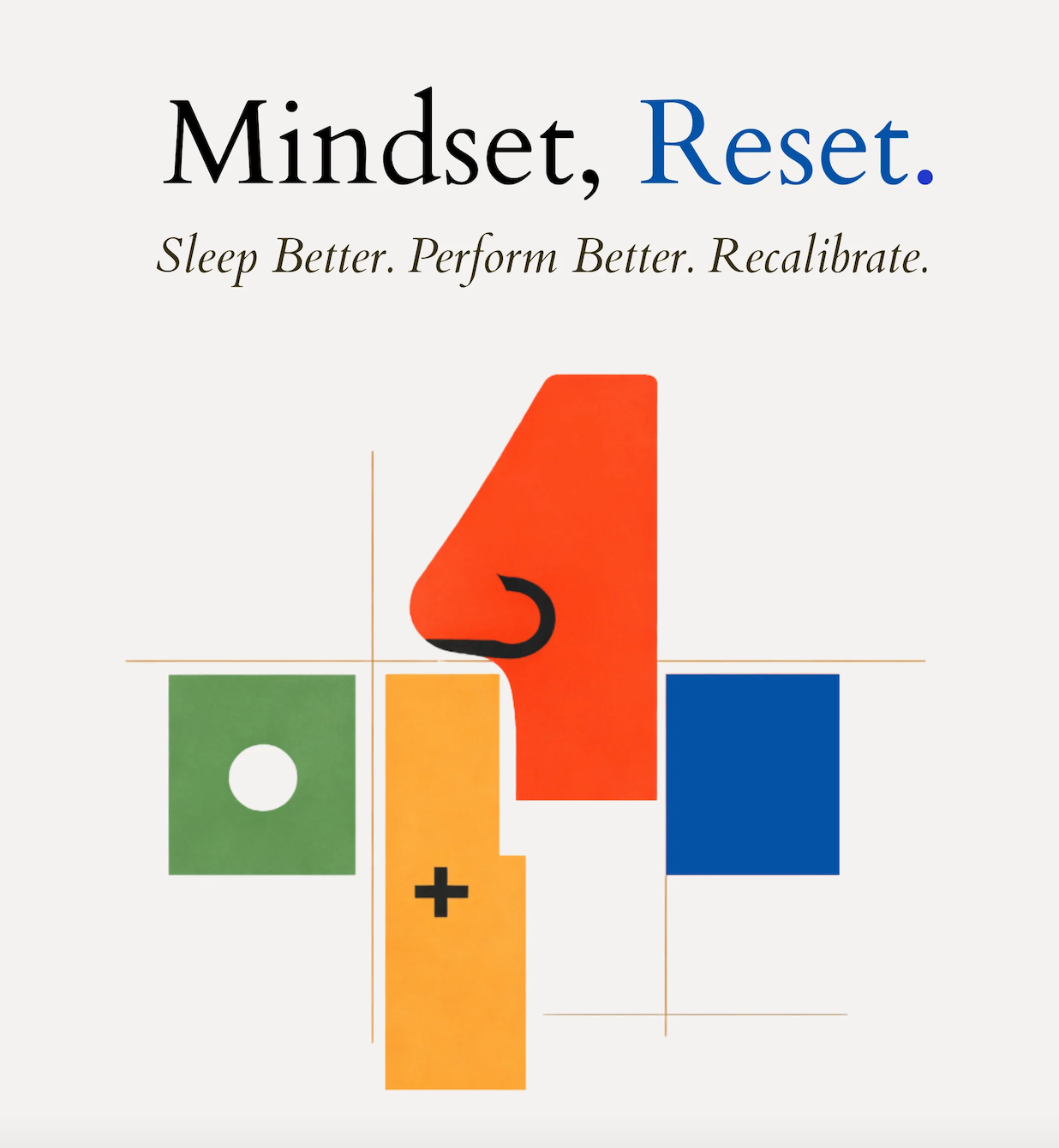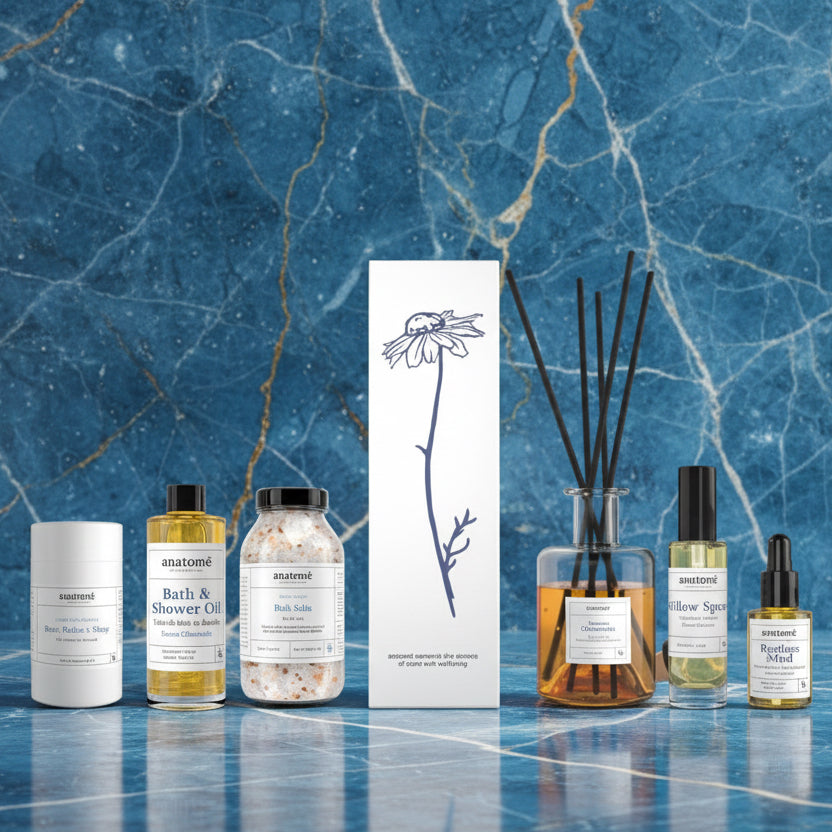Our guide to optimising Hormonal Balance for Morning and Evening Intimacy
Within the intricacy of intimate relationships, the convergence of sleep quality and sexual satisfaction remains a focal point of exploration. Dr. Irshaad Ebrahim, a renowned sleep specialist and Medical Director of The London Sleep Centre, underscores the pivotal role of sleep in hormonal equilibrium, asserting,
Quality sleep is paramount for maintaining optimal levels of testosterone, a cornerstone hormone driving sexual desire and performance.
Recent research has pointed out nuanced fluctuations in libido and hormonal activity between morning and evening hours, prompting a reevaluation of conventional wisdom regarding optimal times for intimacy.
Morning encounters, powered by the natural surge in testosterone upon waking, are praised for their invigorating effects. This hormonal zenith, coupled with the rejuvenating effects of a restful night's sleep, is a potent catalyst for heightened arousal and desire in the early hours.
Conversely, evening intimacy may harness the soothing embrace of oxytocin, commonly known as the "love hormone," which reaches its peak during moments of relaxation before bedtime. This tranquil hormone fosters emotional closeness and intimacy, providing an ideal backdrop for tender and affectionate connections.
A case study conducted under the guidance of Dr Ebrahim underscores the transformative potential of sleep hygiene practices on sexual experiences. Participants who embraced evidence-based strategies such as maintaining a consistent sleep schedule, cultivating a calming bedtime routine, and optimising their sleep environment reported significant enhancements in sleep quality and sexual satisfaction. Notable benefits included elevated energy levels, reduced stress, and heightened libido.

To navigate the intricacies of the sleep-sex connection, individuals are encouraged to adopt a pragmatic approach that honours their unique hormonal rhythms and preferences. Whether indulging in invigorating morning passion buoyed by testosterone's dawn surge or relishing the intimacy of evening encounters imbued with oxytocin's embrace, prioritising quality sleep remains non-negotiable.
Here's anatome's short practical guide to supporting sexual performance and sleep quality:
Morning Passion:
- Wake Up Refreshed: Ensure adequate sleep duration to capitalise on testosterone's morning peak.
- Engage in Gentle Movement: Incorporate stretching or yoga to invigorate the body and awaken the senses.
- Foster Communication: Express desires and preferences to nurture intimacy and connection.
- Embrace Aftercare: Cultivate post-sex relaxation to savour the afterglow and strengthen emotional bonds.
Evening Intimacy:
- Unwind Together: Establish a serene bedtime routine to promote relaxation and prepare for intimacy.
- Create a Sleep-Conducive Environment: Dim the lights, minimise distractions, and prioritise comfort for restful sleep post-sex.
- Practice Mindfulness: Engage in mindful breathing or meditation to alleviate stress and enhance presence during intimate moments.
- Maintain an Open Dialogue: Share desires and concerns with your partner to foster a supportive and understanding atmosphere.
Integrating these practices into daily life allows us to leverage the relationship between sleep and sex to nurture fulfilling intimate connections and enhance our overall wellbeing.
Dr Ebrahim succinctly summarises:
Informed by an understanding of hormonal rhythms, individuals can optimise their sleep habits to enrich both their sexual experiences and quality of rest.

